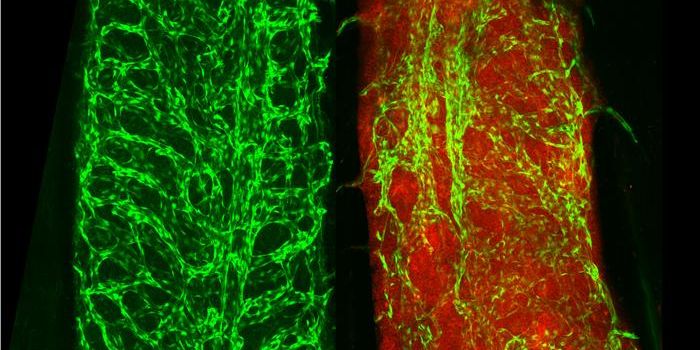A common over-the-counter drug that pilots often take to alleviate jetlag may also help cancer patients ease the pain from chemotherapy.
According to a new study from the University of Edinburg, the drug melatonin blocks the pain signals from chemo-damaged nerve cells in rats.
The findings were based on research on a common condition known as chemotherapy-induced neuropathic pain (CINP). Patients suffering from this condition often report tingling and sensitivity to hot and cold temperatures. It’s thought that the chemotherapy agents damage nerve cells, causing such painful sensations.
In animal studies, researchers found that melatonin had the best effect if given before chemotherapy. That is, if given prior to the start of chemotherapy, nerve damage is reduced. If given after CINP has already developed, melatonin seemed to be ineffective. This suggest that melatonin is more of a preventative therapy for CINP, rather than a curative one.
"These results are promising, especially as melatonin treatment is known to be safe in other conditions. However, more work will need to be done before we know if melatonin will help prevent pain in cancer patients undergoing chemotherapy,” said Dr. Helen Galley, a professor at the Institute of Medical Sciences at the University of Aberdeen, and the study’s co-lead author. It’s not entirely clear how melatonin reduces nerve damage from chemotherapy.
Under normal conditions, the body produces melatonin at night to prepare us for rest and sleep. Synthetic version of melatonin also exist and function in a similar fashion. In the US, the drug is available over the counter, but in some other countries, a prescription is required.
"We are actively exploring an early-phase clinical study to see if these exciting laboratory findings might translate to direct benefit for patients undergoing chemotherapy. This is an area of real unmet need, where new therapies are urgently required,” said Dr. Lesley Colvin, a pain specialist at the University of Edinburgh, and a study co-author.
It’s estimated that CINP affects nearly 70 percent of cancer patients undergoing chemotherapy. The condition can worsen the quality of life for patients undergoing treatment. Furthermore, CINP can persist in some patients even after chemotherapy. As such, finding a drug that can reduce the occurrence of this condition would benefit patients and caregivers.
"CINP can have a devastating impact on patients, and may limit chemotherapy doses, with potentially serious consequences. These findings are very exciting and suggest that melatonin could prevent CINP by protecting nerve cell mitochondria. Our next steps will be to further test this theory by looking at the effect of melatonin in other pain conditions that also involve mitochondrial damage,” said Dr. Carole Torsney, the study’s co-leader.
Additional sources: University of Edinburg via Science Daily









